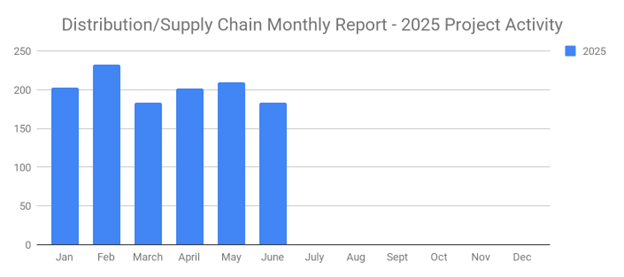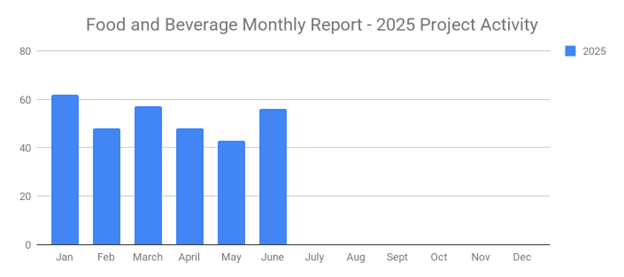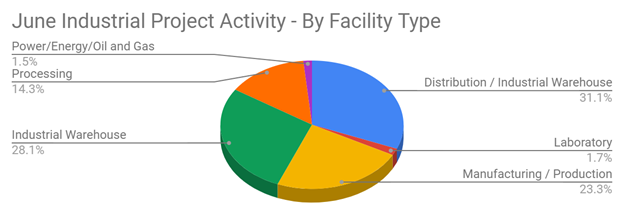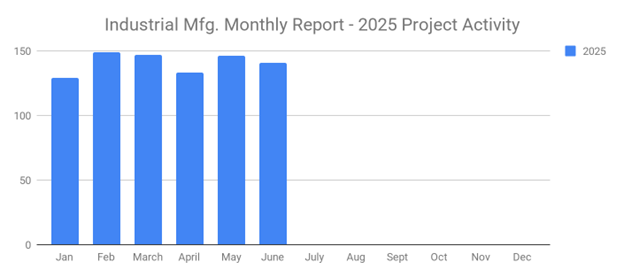
Many sales reps in the B2B industry assume that the more accounts handle, the more deals they'll close. Accounts are prospects or buyers at other businesses that meet a B2B company's ideal buyer profile. With the rise of account-based marketing (ABM) -- a B2B strategy that aligns marketing and sales while targeting key accounts -- more and more sales reps are focusing their outreach efforts on accounts.
You can still target accounts when selling your B2B company's products or services, but you shouldn't bite off more than you can chew. Attempting to manage too many accounts can pose a myriad of challenges, some of which include the following:
Account Management Is Ongoing
Account management is an ongoing process. In the B2B industry, most accounts consist of existing buyers who've already purchased products or services from a given B2B company. After converting a prospect into a buyer, sales reps may continue to nurture the buyer while managing him or her as a key account. Because it's an ongoing process, however, account management is time-consuming.
As a sales rep, you'll have to spend time calling, emailing or otherwise reaching out to accounts. Your B2B company's relationship with an account won't end just because you close a deal with that account. Accounts are high-value buyers who typically make multiple purchases over an extended period. The more accounts you manage, the more time you'll have to spend contacting and nurturing existing buyers.
Empty TOFU Marketing
Handling too many accounts may result in an empty top-of-funnel (ToFu) sales strategy. Sales strategies revolve around funnels that represent the individual stages of a B2B company's sales process. Regardless of the specific stages included in your B2B company's sales funnel, you should try to keep it full.
A full sales funnel indicates that your B2B company has prospects and buyers in all stages of its sales process. If you're forced to manage a lot of accounts, only the bottom stages of your B2B company's sales funnel may remain full. You may have plenty of prospects and buyers in the bottom stages and few or no buyers and prospects in the top stages, which is the ToFu.
Large Accounts Drive the Most Revenue
It's not the number of accounts you manage that matters most. Rather, it's the size of those accounts. Large accounts typically drive the most revenue. They represent bigger businesses with deeper pockets than their smaller counterparts.
A report published by McKinsey found that the largest, "most strategic" accounts at B2B companies represent up to 50% of the B2B companies' profit margins. Why does this matter? Handling too many accounts means you may neglect these large accounts. Rather than nurturing your B2B company's largest and most valuable accounts, you may end up targeting dozens of smaller accounts. Even if you convince these smaller accounts to make a purchase, they probably won't spend as much money as large accounts.
Redundant Communications
Another potential challenge of handling too many accounts is redundant communications. You may accidentally send the same message to a given account multiple times. For example, you may send a key account an initial email to see if they are interested in purchasing a product or service. Shortly after sending this initial email, you may accidentally send the same email to the same key account. Redundant communications such as this are a waste of time at best and harmful to your sales effort at worst.
Prospects and buyers may ignore redundant communications. Upon discovering a duplicate email or message, they may ignore it. Other prospects and buyers may perceive redundant communications as spam. They may assume that your B2B company is trying to spam them. In turn, prospects and buyers may delete the duplicate emails, and they may stop interacting with your B2B company as a result. To avoid redundant communications, you should focus on managing fewer, more valuable accounts.
Paralysis By Analysis
Handling too many accounts can lead to a productivity-killing phenomenon known as paralysis by analysis. You'll probably collect data when capturing and interacting with accounts. As you generate and nurture leads, for instance, you'll want to record data such as their contact information, industry, number of employees, location and more. You can then use this data to create personalized sales messages that resonate with your B2B company's audience.
The more accounts you manage, the more data you'll have to analyze. Paralysis by analysis is characterized by an excessive amount of data to the point where it leaves sales reps feeling overwhelmed. When confronted with an excessive amount of data, you may struggle to analyze it. Instead, you may feel overwhelmed. Focusing on fewer, more valuable accounts, on the other hand, will help you avoid this phenomenon. You'll have less data to analyze, so you shouldn't succumb to this productivity-killing phenomenon.
Poor Buyer Experience
With too many accounts under your belt, you may inadvertently create a poor experience for buyers. Every interaction between your B2B company and a buyer will influence his or her experience. If you manage a lot of accounts, though, you won't be able to dedicate much time to each account. Rather, you'll have to use a churn and burn approach, which can leave buyers feeling neglected.
For a more positive buyer experience, you should limit the number of accounts that you manage to a reasonable number. How many accounts is too many exactly? There's no universal answer that works for all sales reps. Some sales reps manage 20 accounts, whereas others manage 50 to 100 accounts. Regardless, you should try to find an appropriate number that allows you to maximize your productivity while promoting a positive buyer experience in the process.
In Conclusion
Accounts are opportunities to generate sales. Each account is a prospect or buyer who may be interested in buying one of your B2B company's products or services. As a sales rep, you'll have to manage accounts. But you should use caution to ensure that you don't bite off more than you can chew. Attempting to handle too many accounts may backfire.
What to learn more? Get in Touch
Latest Posts
-

June's New Distribution and Supply Chain Planned Projects Return to March’s 183 Confirmed Figure
-

Food and Beverage Rebounds with 56 New Planned Projects Igniting Growth After Decline
-

June 2025’s New Industrial Construction Projects Grew 7% Month-Over-Month
-

Q2 Industrial Manufacturing Soars 31% for Planned Projects Over $100M; June Planned Industrial Projects Hit 141

